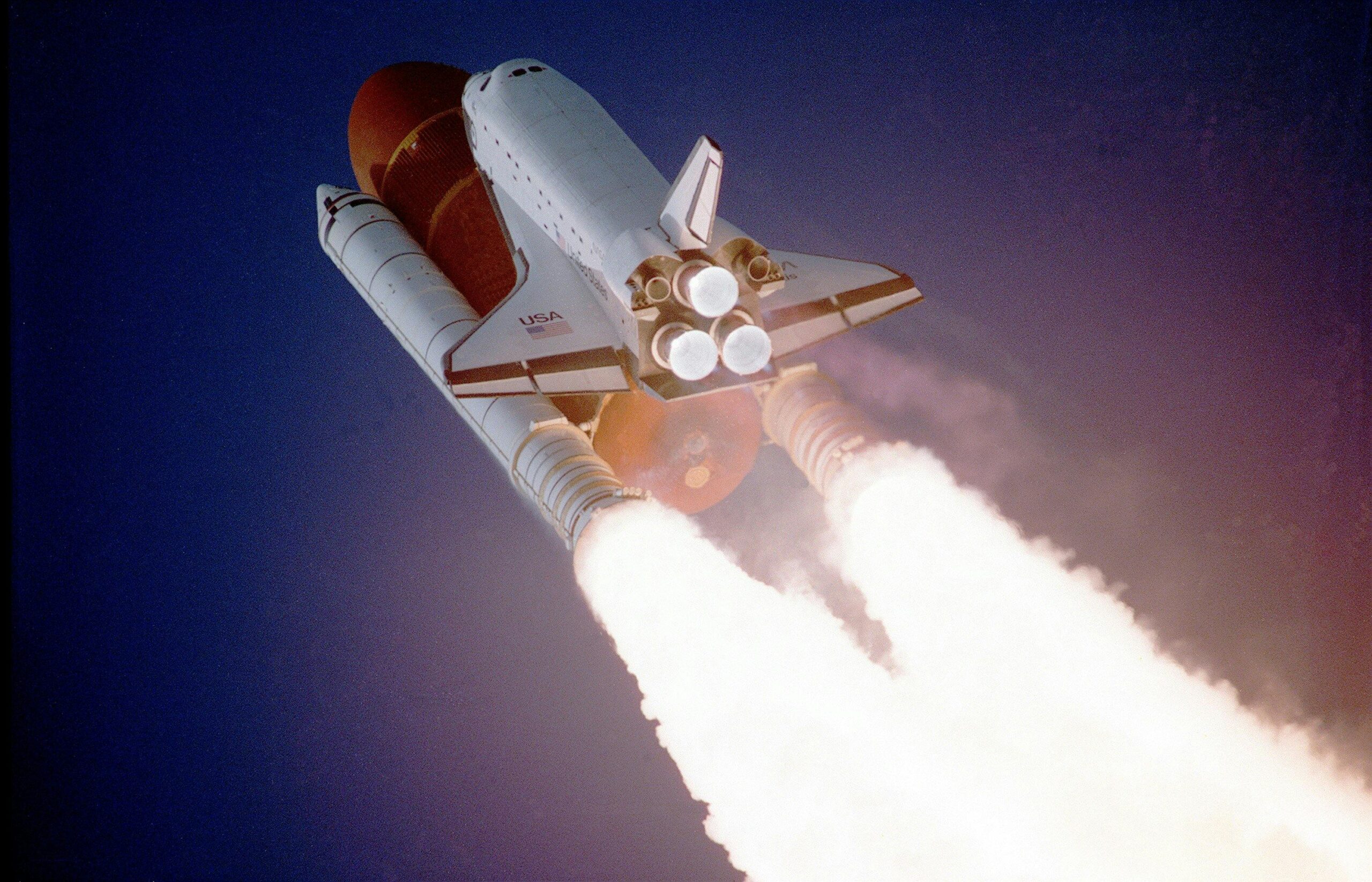The Future of Space Travel: How Technology is Taking Us to Mars and Beyond
The Future of Space Travel; For centuries, humanity has gazed at the stars and dreamed of exploring the cosmos. Now, with rapid advancements in space technology, that dream is closer than ever to becoming reality. From Mars colonization to interstellar travel, the future of space exploration is unfolding before our eyes. Let’s dive into the groundbreaking technologies that are propelling us toward the next frontier.
READ ALSO: Why Space Exploration is Important
1. The Mars Mission: Humanity’s First Step to Becoming an Interplanetary Species
Mars is the next great leap for human space exploration. With NASA, SpaceX, and other agencies racing to put boots on the Red Planet, several key technologies are making this mission feasible:
- Reusable Rockets: SpaceX’s Starship aims to make space travel more affordable with fully reusable launch systems.
- AI and Robotics: Autonomous rovers and drones are paving the way for human arrival by scouting terrain and testing resources.
- Life Support Systems: Advanced closed-loop habitats will sustain human life for extended periods.
- 3D Printing: Astronauts will use 3D printers to create tools and even build structures using Martian soil.
2. Nuclear Propulsion: The Future of Deep Space Travel
Traditional chemical rockets are too slow and inefficient for long-distance space travel. Scientists are now developing nuclear thermal propulsion (NTP) and nuclear electric propulsion (NEP) to cut travel time to Mars in half. These systems generate far greater thrust and efficiency, making deep space missions more viable.
3. Space Habitats: Living Beyond Earth
For humans to survive long-term in space, innovative space habitats are essential. Concepts such as:
- Rotating Space Stations: Mimicking Earth’s gravity through centrifugal force, reducing health risks like muscle atrophy.
- Lunar and Martian Bases: Moon bases could act as a steppingstone to Mars, using local resources for sustainability.
- O’Neill Cylinders: Massive, self-sustaining space colonies capable of housing millions.
4. AI and Automation: The Future of Astronaut Assistance
The Future of Space Travel; AI-driven robotics will play a crucial role in space missions, assisting with:
- Autonomous Navigation: AI-controlled spacecraft can adjust their own trajectories in real time.
- Medical Support: AI-powered diagnostics will help astronauts manage health issues far from Earth.
- Construction & Maintenance: Robots will build and maintain structures on the Moon and Mars.
5. Space Mining: Harnessing the Resources of the Cosmos
The future of space travel depends on finding and utilizing resources beyond Earth. Space mining could provide:
- Water from Asteroids and Lunar Ice: Essential for drinking and fuel production.
- Rare Metals: Platinum, gold, and other valuable materials exist in abundance on asteroids.
- Helium-3 for Fusion Energy: A potential game-changer for clean energy production.
6. The Search for Interstellar Travel
While Mars is our next big step, scientists are already contemplating travel beyond our solar system. Ideas include:
- Light Sail Technology: Using lasers to push ultra-light spacecraft at near-light speeds.
- Antimatter Propulsion: Harnessing the most powerful known energy source for propulsion.
- Wormholes and Warp Drives: Still theoretical, but the laws of physics may one day allow faster-than-light travel.
7. The Role of Private Space Companies
A new space race is being driven by private companies such as:
- SpaceX: Pioneering reusable rockets and interplanetary travel.
- Blue Origin: Developing space tourism and lunar landers.
- Virgin Galactic: Offering suborbital flights for space tourism.
- Relativity Space: Advancing 3D-printed rockets for cost-effective missions.
8. Ethical and Legal Challenges of Space Exploration
As we expand into space, important questions arise:
- Space Colonization Rights: Who owns Mars and other celestial bodies?
- Environmental Impact: How do we prevent space pollution and over-extraction of resources?
- AI and Human Autonomy: What role will AI play in decision-making on future missions?
The Future of Space Travel; Final Thoughts: A New Era of Space Exploration
The future of space travel is no longer confined to science fiction—it’s becoming reality. With cutting-edge technologies driving humanity forward, our journey to Mars and beyond is just beginning. The next decades will define whether we become a multi-planetary species, pushing the boundaries of what’s possible.
The Future of Space Travel; Are we ready for life beyond Earth? The countdown to the future of space travel has already begun.
